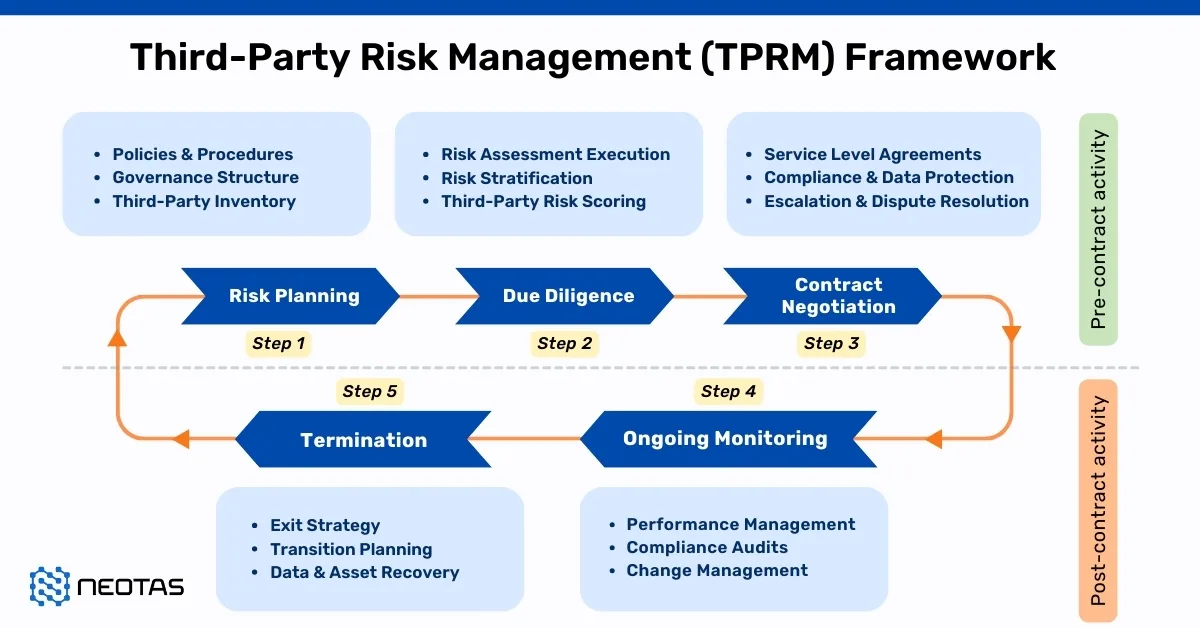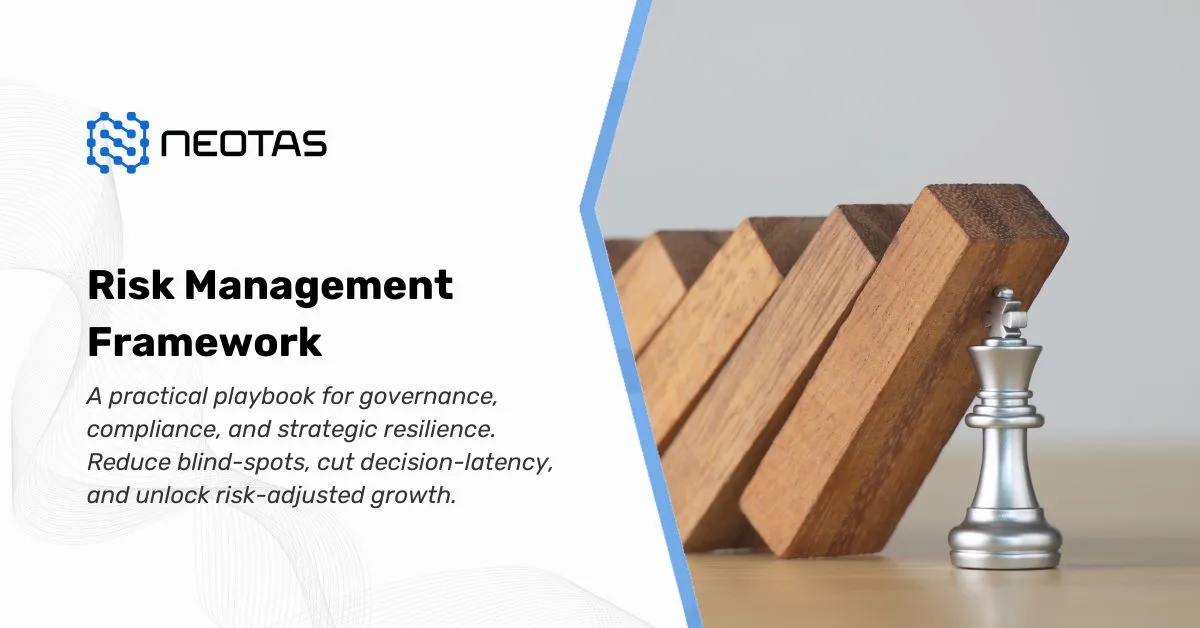Schrödinger’s Personality Traits
In 1935, Erwin Schrödinger stated that a cat, placed in a sealed box with a jar of poison, is thought to be both alive and dead. Only once the box is opened does the scientist know whether they have a healthy living cat or a lifeless corpse.
Imagine each recruit to a firm carries with them a sealed box. Inside the box is not a cat, but a personality, including honesty, motivations and integrity. Only once the employee is hired and the firm has paid the significant search, legal and hiring costs is the box opened and the true state of the personality confirmed. Until the costs have been covered, it is a pure gamble as to what is inside the all-important box; even numerous interviews and criminal record checks cannot change this.
This has long been the case in recruitment and due diligence. Now, however, open source investigative methods can scrutinise the contents of the previously unreadable box and prevent firms risking the honesty and integrity of their business with each new hire.
Through one of our recent investigations we uncovered a potential recruit operating online under an alias to post racist, homophobic and sexist content across numerous platforms. However, because the individual had no criminal past or financial trouble, traditional due-diligence approved them as an acceptable employee. Having someone with such explicit views working in a modern work environment would have created untold damage both internally and to the company’s reputation externally.
If you interviewed this person and talked amicably about their past and their ideas for the future you almost certainly would have branded them an upstanding ambassador for the company. The reality is, posting hateful commentary is the antithesis of integrity. Doing so under a false name is the antithesis of honesty.
Conducting open source investigations removes uncertainty in the hiring process; it protects a firm’s reputation and leaves no chance of unintentionally failing to comply with regulations. If Erwin Schrodinger was able to drill a hole in his proverbial cat’s box, he could have discovered the animal’s true state long before he went to the expense of removing the lid to find a dead feline.
Schrödinger’s Personality Traits: Navigating the Complexity of Human Behavior
In the realm of psychology, understanding the intricacies of human behavior and personality is akin to peering into a quantum mechanical system. The notion of Schrödinger’s Personality Traits, a whimsical extension of Schrödinger’s cat paradox, offers a thought-provoking lens through which we can contemplate the enigma of human nature.
Unpacking Schrödinger’s Personality Traits
Erwin Schrödinger’s cat experiment delves into the paradoxical nature of quantum mechanics. In a sealed box, a cat is simultaneously alive and dead until observed. Similarly, Schrödinger’s Personality Traits postulate that an individual’s personality can exist in multiple states, revealing different facets based on context, environment, and observer.
The Contextual Nature of Behavior
Human behavior is profoundly influenced by context. A person might exhibit assertiveness in a professional setting, yet demonstrate warmth and empathy in their personal relationships. This contextual variability challenges the notion of fixed, immutable personality traits.
Consider a colleague who is reserved during team meetings but exuberant on social occasions. Are they introverted or extroverted? Schrödinger’s Personality Traits suggest that both traits coexist within the individual, revealing themselves based on the setting.
The Observer Effect in Personality
Much like in quantum mechanics, the observer plays a pivotal role in perceiving personality traits. The traits we attribute to individuals may be contingent on our perspective, experiences, and expectations. This phenomenon is evident in first impressions, where initial observations may not capture the entirety of a person’s character.
Imagine encountering someone who appears aloof at a social gathering. A different observer might perceive them as introspective rather than distant. Schrödinger’s Personality Traits invite us to recognize that our interpretations are influenced by our own lenses and biases.
The Multifaceted Nature of Personality
Traditional personality theories, such as the Big Five personality traits (Openness, Conscientiousness, Extroversion, Agreeableness, Neuroticism), provide valuable frameworks for understanding human behavior. However, they may fall short in encapsulating the complexity and dynamism of personality.
Schrödinger’s Personality Traits propose that individuals possess a spectrum of traits, some of which may contradict or complement each other. For instance, a person can be simultaneously analytical and creative, introverted and outgoing, depending on the context and observer.
Embracing Paradoxes in Personality
Society tends to favor clear-cut classifications. However, Schrödinger’s Personality Traits compel us to embrace paradoxes and contradictions within ourselves and others. Recognizing that individuals can embody seemingly opposing traits fosters empathy and a deeper understanding of human complexity.
Consider a friend who is both fiercely independent and deeply reliant on their support system. Rather than viewing this duality as a contradiction, Schrödinger’s Personality Traits encourage us to appreciate the nuanced interplay of these characteristics.
Implications for Personal Growth and Development
Acknowledging the fluidity of personality traits offers liberating possibilities for personal growth. Individuals can transcend the confines of predefined categories, allowing for self-discovery and evolution.
Embracing Change and Adaptability
Schrödinger’s Personality Traits underscore the adaptability inherent in human nature. As we navigate different life stages, roles, and environments, our dominant traits may shift. Embracing this malleability empowers individuals to embrace change and pursue diverse paths of development.
Cultivating Empathy and Understanding
By recognizing the coexistence of various personality traits within ourselves and others, we cultivate empathy. We become attuned to the complexities of human experience, appreciating that each person carries a rich tapestry of characteristics.
Navigating Relationships and Interactions
Understanding Schrödinger’s Personality Traits can revolutionize how we approach relationships. Rather than imposing fixed expectations on others, we allow space for them to reveal different aspects of themselves over time.
Fostering Authentic Connections
In friendships, partnerships, and professional relationships, acknowledging the multi-dimensional nature of personality encourages authentic connections. We grant others the freedom to express themselves in diverse ways, fostering trust and mutual respect.
Conclusion: Embracing the Paradoxes Within
Schrödinger’s Personality Traits invite us to embrace the inherent paradoxes of human nature. By acknowledging the coexistence of seemingly opposing traits, we embark on a journey of self-discovery, empathy, and authentic connection with others. In this paradigm, we celebrate the complexity that defines us all, allowing our personalities to unfold in beautifully unpredictable ways.



 New Whitepaper and Checklist
New Whitepaper and Checklist
























